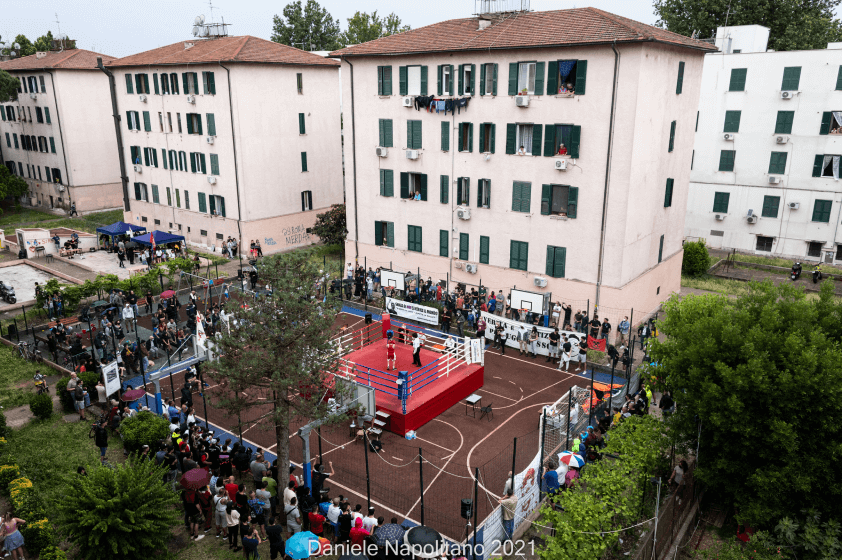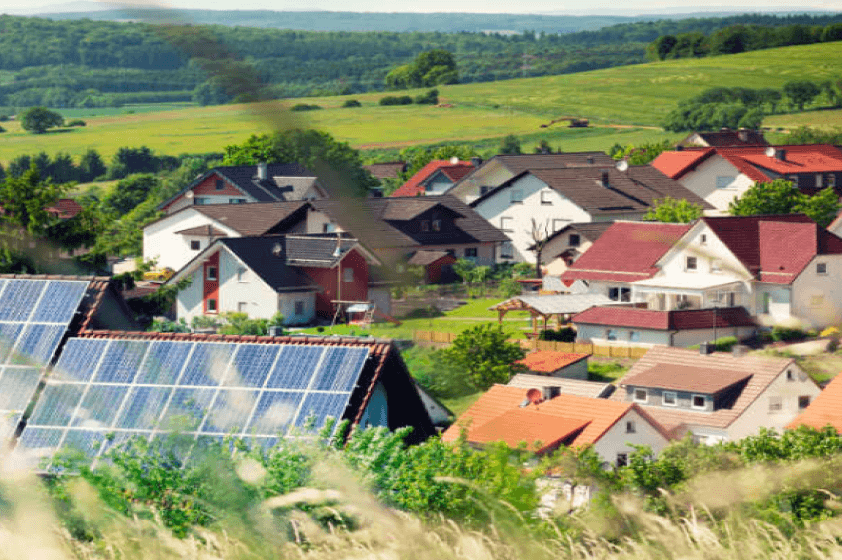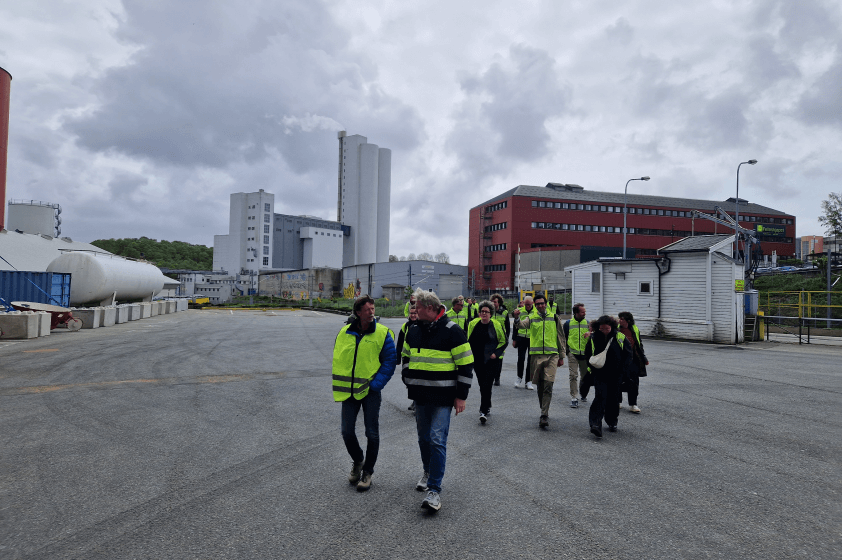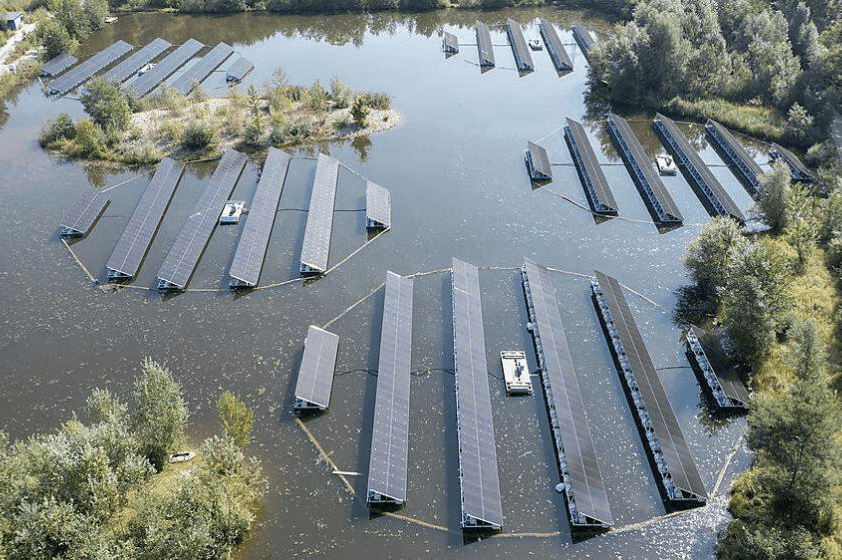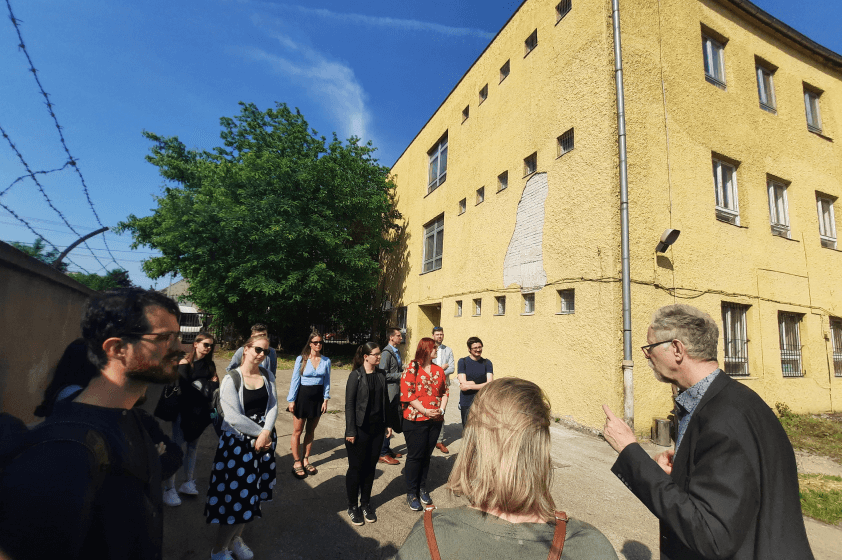Kazán will develop its existing energy community project by exploring behavioural change around energy consumption and production, and co-designing with local stakeholders a methodology to improve the ECs/PEDs performance.
What are your aims?
We aim to have a collaboratively decided energy retrofitting plan, enhance the energy efficiency of the building, and to maximise PED performance while taking advantage of the 36 kW solar panels already installed on the rooftop. We aim to establish a human-centred approach to business and co-governance models for PEDs that are scalable and replicable.
How would you describe the context of your pilot?
The Kazán Community Center gives home to several organizations: a community daycare, workshops, community radio station and media outlet, and offices for civil society organizations. Our community has already had a functioning and established collaborative management system that was very beneficial in the establishment of the energy community management structures as well. The whole management of the building is based on the pillars of solidarity and co-ownership, so our community energy initiative also shares these values. For example during the energy crisis, we have tried to create a just system of sharing the burdens of the high gas and electricity prices. Also connected to this, our democratic management model is characterized by high adaptibility – we could reduce our gas consumption by 50% during the energy crisis.

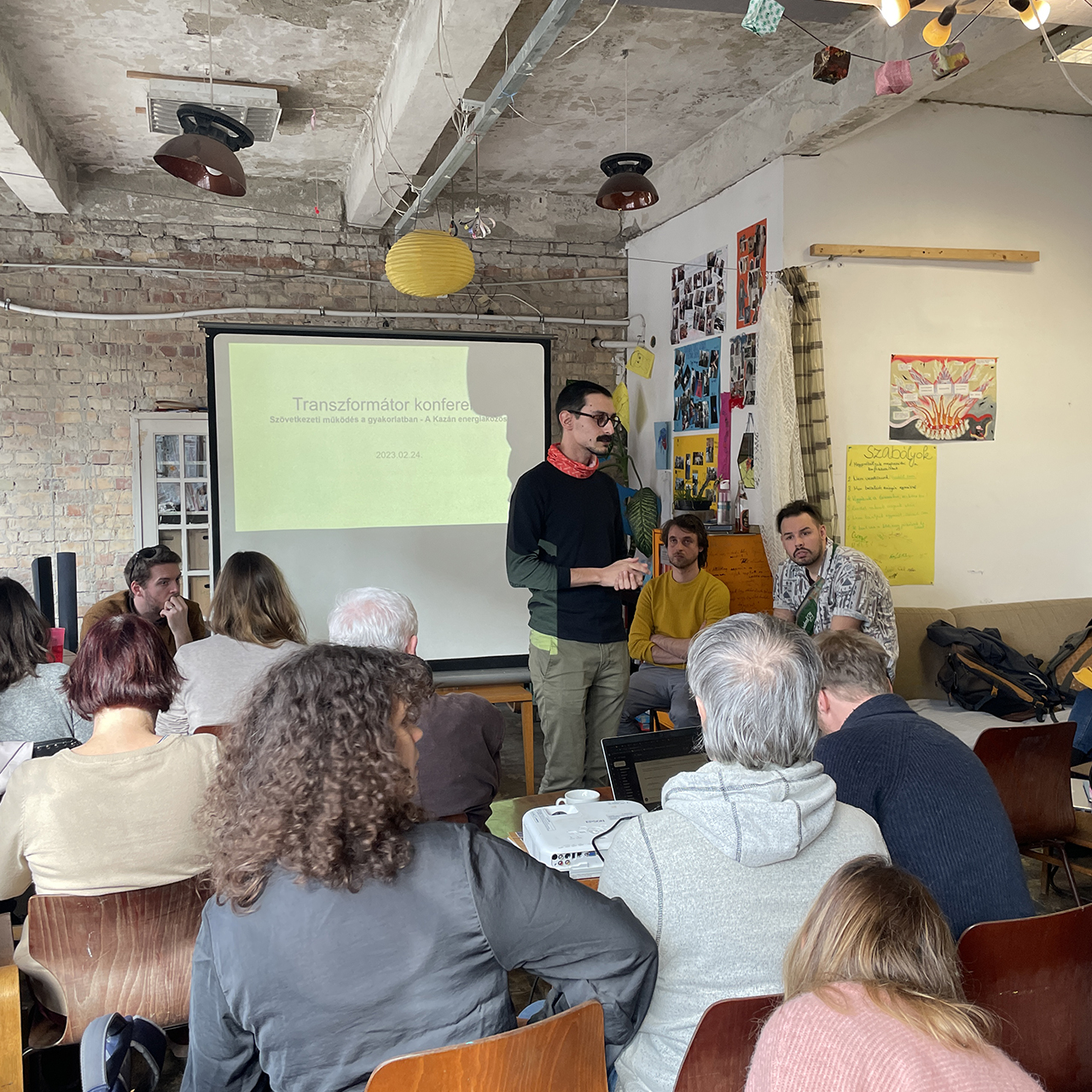
What are your main messages you want stakeholders to know about your pilot?
- Solidarity is a key value in energy communities
- Awareness-raising around energy use issues can change habits and reduce emissions
- Innovative and “out of the box” thinking can help overcome regulatory and other barriers
- Energy communities can help existing communities to be more stable
What are the challenges of this pilot and why?
The main challenges of this pilot is that due to our member organisations status and our main principles we are trying to achieve on the basis of affordability – which means that sometimes we face problems when it comes to financing capital intensive investment-needs, such as energy efficiency renovations. The building we are based in is a post-industrial site, that was renovated also on a community basis – therefore it still has a lot of retrofitting needs. Our other challenge is the disadvantageous and fluctuating regulatory framework around PV installations and energy communities in Hungary that made even the PV connection to the grid very challenging.
Who are your stakeholders?
Our stakeholders are the organisations based in the building, and our main partner in the pilot is the Alliance for Collaborative Real Estate Development (ACRED) who is managing the day-to-day functioning of the building.
What is the expected impact of your pilot, locally, nationally or even EU-wise?
Our pilot is one of the first community energy initiatives in Hungary. Therefore, it is of great importance to have a functioning collective management model for this type of one-building energy community. Locally, it is situated in the 8th district of Budapest, which is a fast-changing neighbourhood. The Kazán Community Center and the Gólya cooperative are both very conscious about their existence in the neighbourhood, and trying to meaningfully engage with locals here.
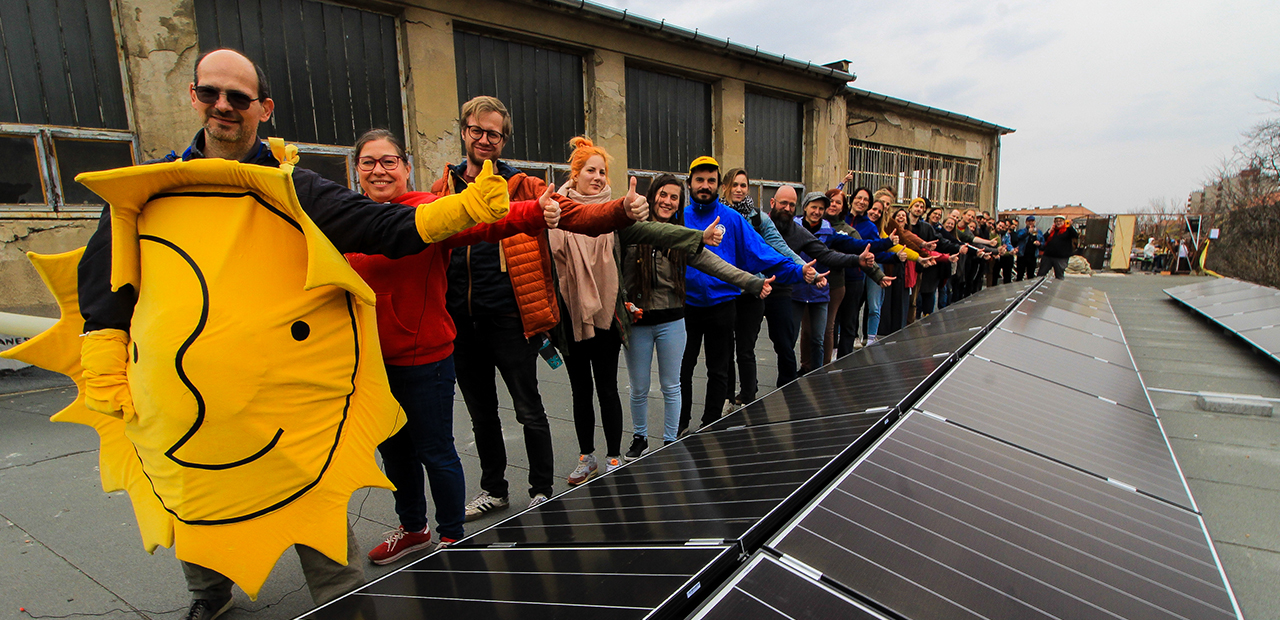
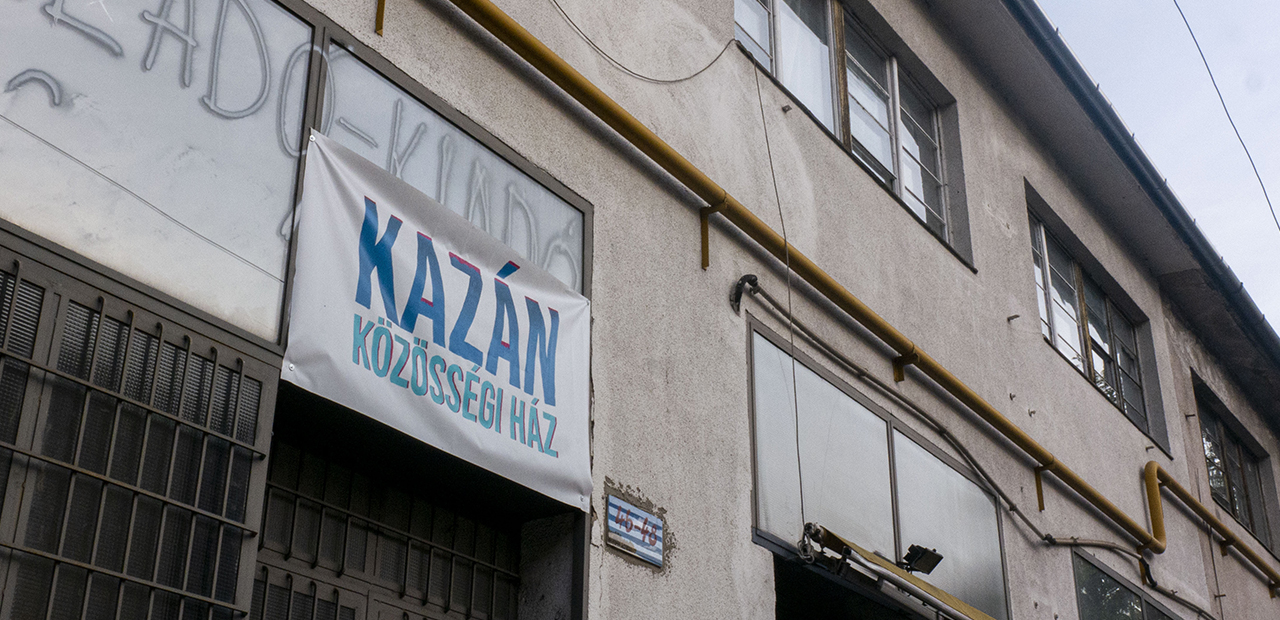

What interventions, co-designs processes are planned for building and sustaining your energy community?
Our co-design processes will focus on streamlining the involvement in the energy community, developing our collaborative decision-making methods. It will involve participatory planning sessions, during which we will have a final version of the retrofitting plan for the building. It will also include energy audit and business modelling, and creating a digital twin of the site to enhance PED performance.
